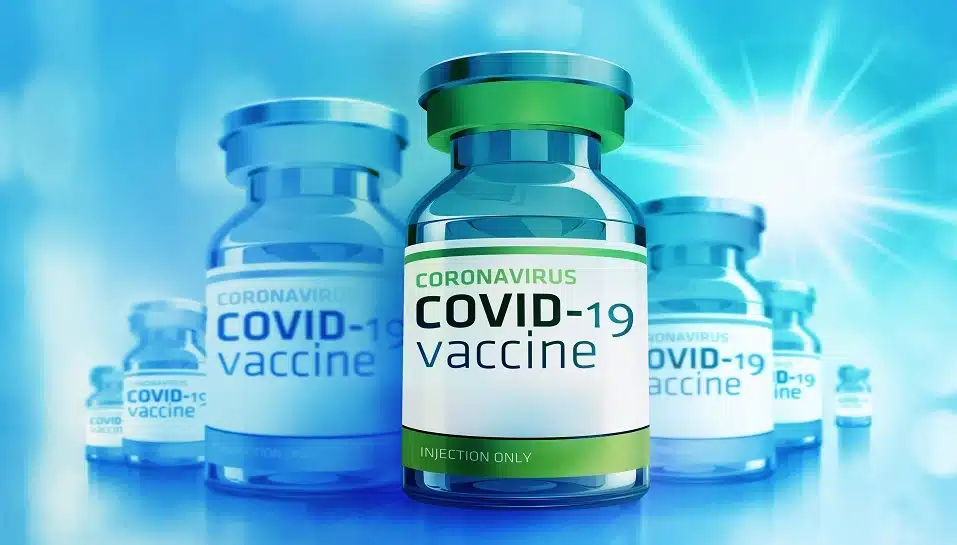Dr Oliver J Watson and colleagues, in their study published in The Lancet Infectious Diseases, concluded that in 185 countries and territories, 31.4 million COVID-19-related deaths would have occurred in the absence of the vaccination
The inequitable distribution of Covid-19 vaccines has prolonged the pandemic, and exacerbated the probability and frequency of the emergence of variants of concern, says a Lancet study.
An estimated 156 900 additional deaths would have been averted if the COVID-19 Vaccines Global Access (COVAX) Facility’s vaccination target of 20 percent (for each Advance Market Commitment country) had been attained, and an estimated 599 300 additional deaths would have been averted if WHO’s 2021 COVID-19 vaccination target of 40 percent for each country had been achieved, the report says.
During the first year of COVID-19 vaccination – between December 8, 2020, and December 8, 2021 – 8·33 billion doses were administered among 4·36 billion people globally.
Dr Oliver J Watson and colleagues, in their study published in The Lancet Infectious Diseases, concluded that in 185 countries and territories, 31.4 million COVID-19-related deaths would have occurred during this timeframe in the absence of COVID-19 vaccination. Using a mathematical modelling study, they estimated that 19.8 million deaths were averted by COVID-19 vaccination. Consequently, the number of lives saved by COVID-19 vaccination markedly exceeded the death toll that occurred.
The saving of more than 19 million lives by the unprecedented rapidity of development and roll-out of COVID-19 vaccines is an extraordinary global health feat. Nonetheless, millions of additional lives could have been saved by a more equitable distribution of vaccines.
Even before the vaccine production was enough, the USA had purchased doses to fully vaccinate its entire population three times.over.
By contrast, low-income countries were unable to pay the premium prices negotiated by high-income countries, delaying the delivery of vaccines.
In Burundi, for example, vaccine rollout was initiated 10 months later than in the USA.
Provision of vaccine doses from high-income to lower-income countries is not only moral but also pragmatic, the Lancet study stresses.
The primary barrier is the lack of access to vaccines due to a combination of restricted supply and funding in resource-constrained settings.
The study says the G7 countries have failed to meet their 2021 commitments for a donation of vaccines to low-income countries.
For instance, more than 1·3 million donated doses were returned by the Democratic Republic of the Congo’s (DRC) Government and more than 114 000 doses expired because of an inability to maintain cold-chain storage and administration of vaccines.
Consequently, vaccination coverage of only 0·07 percent was achieved in the DRC by December 2021. The model created by Watson and colleagues estimates that if the WHO vaccination target had been met, 32 070 additional lives could have been saved in the DRC.

















